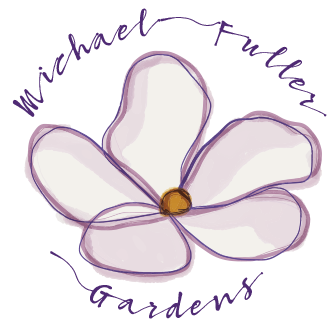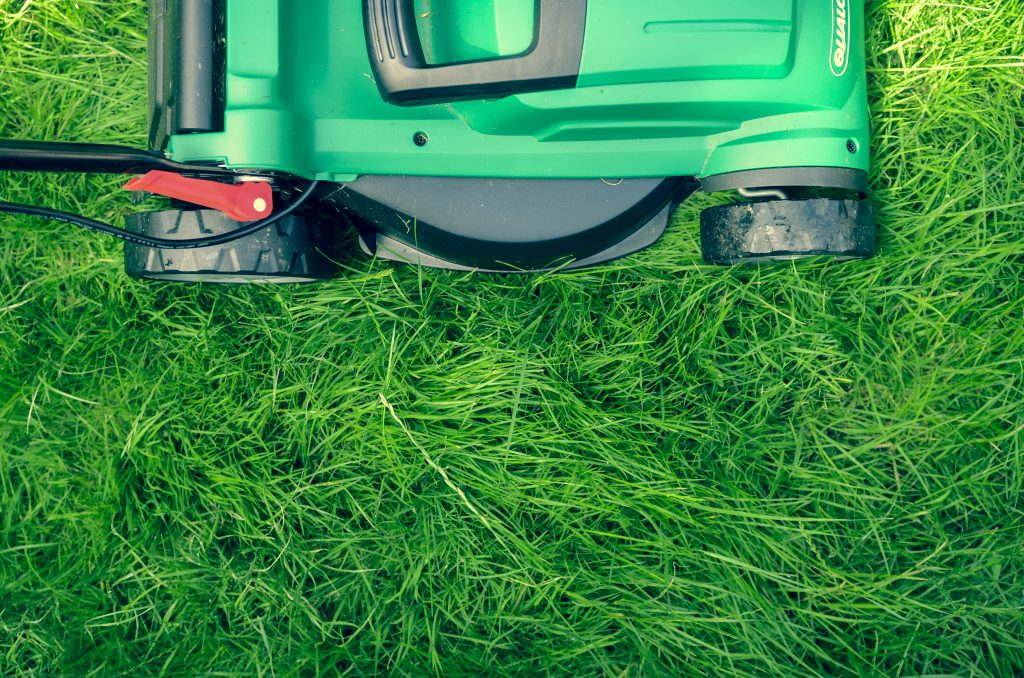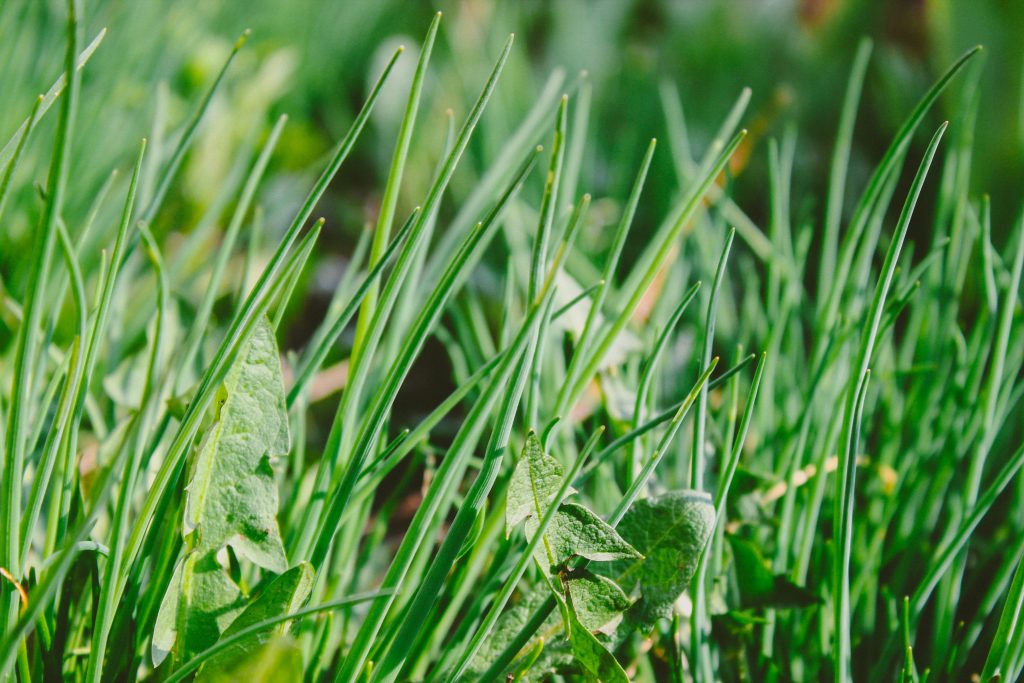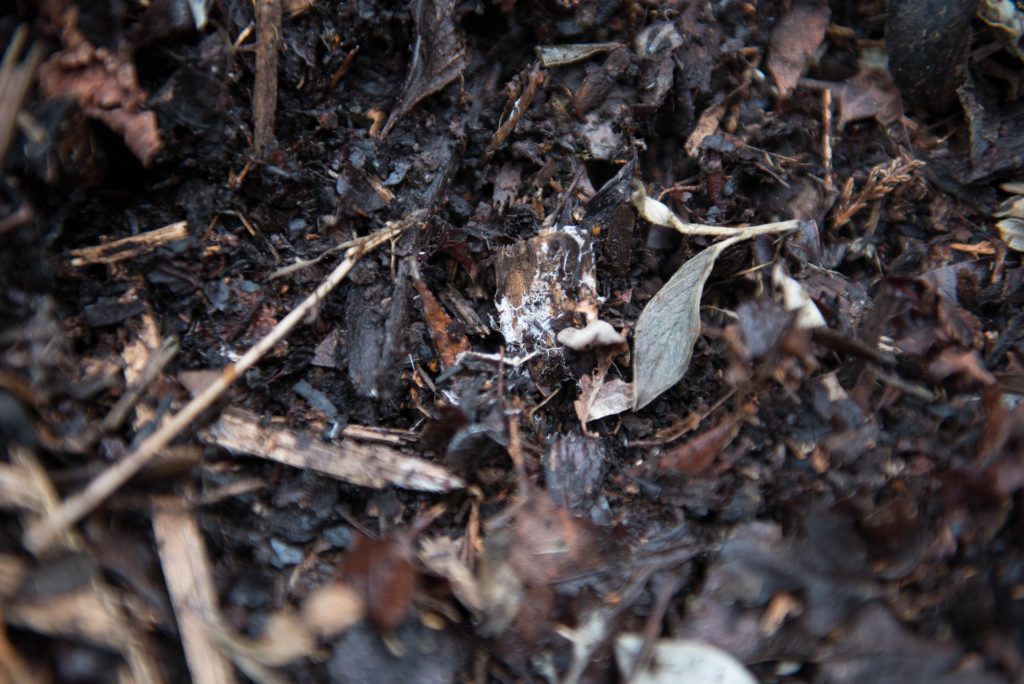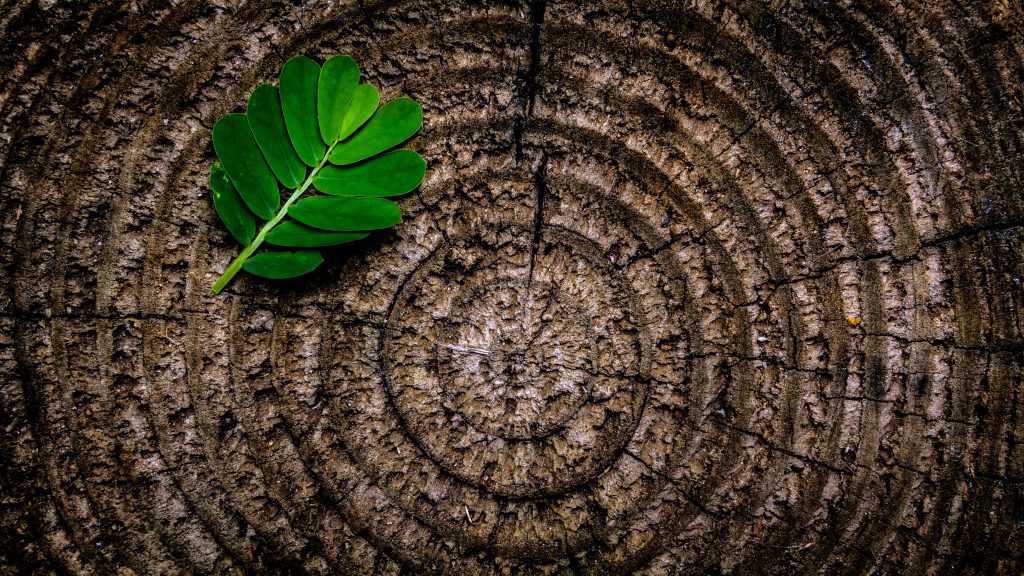Waking up to Nature.
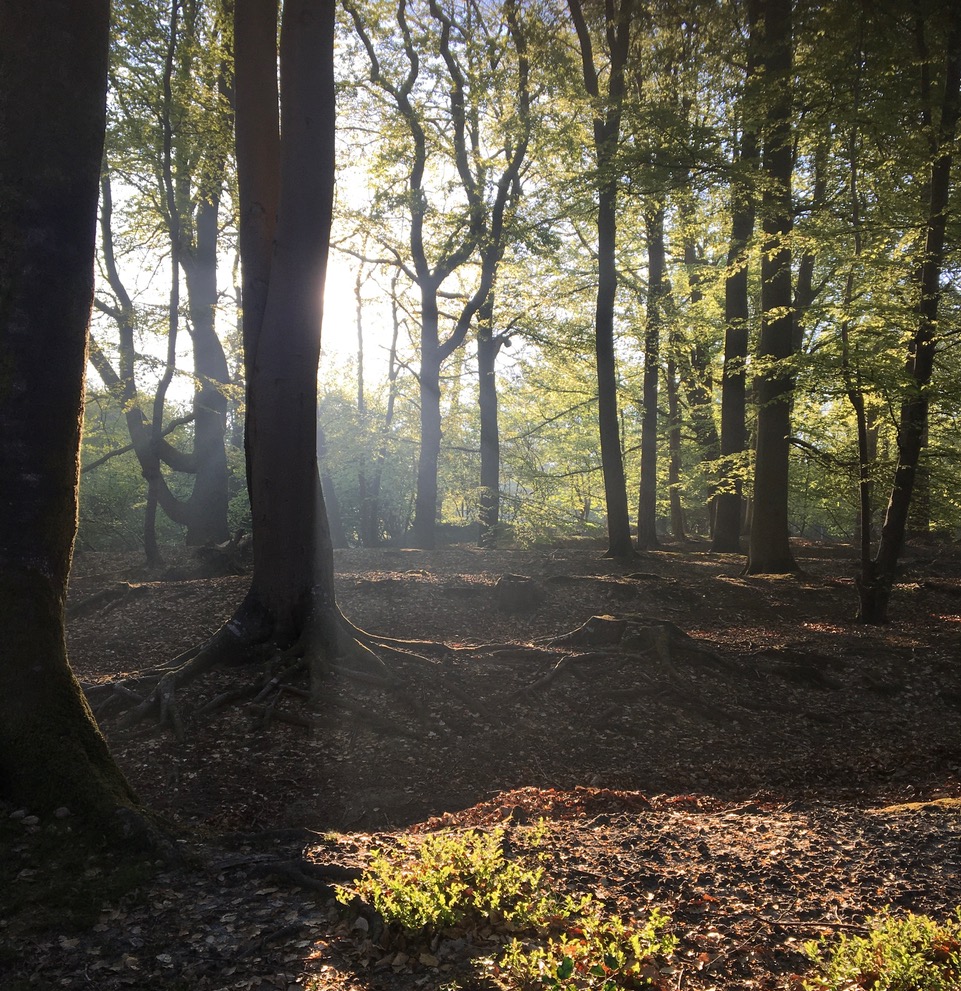
As I write this in August, we are basking in our second heat wave, with the effects of this in the garden to be seen all around – burnt brown lawns, low or empty ponds and streams, small, half-ripe fruits already dropping and in some cases, plants dying. Whilst it is undoubtedly depressing and sad that we may well have created this through our own actions, actions of many decades where we haven’t treated Nature with the respect she deserves, I believe that times of extreme weather (be it drought, flooding or storms) can also serve as wake-up calls for us to act differently – prompts to search for new ways of connection to Nature.
Last week I facilitated a short workshop in the grounds of Emerson College, where a group of twelve people met for three afternoons, practising simple movement and meditation exercises outdoors. Our aim was to deepen our connection to the living world around us, and perhaps get an understanding of what lies behind the physical. It was a gentle and inspiring time, each of us learning some new insight or experience; in a sense listening to the voices of Nature and her beings and so helping, in a modest way, to bring about some awakening to what she might be asking from us. Reflecting on the workshop I realised three important qualities were required 1) a safe, protected space in nature, 2) time to let go of our everyday thoughts, and 3) a willingness to work together as a group. Maybe we need to consciously create or design these conditions into our gardens and into our social life to facilitate this dialogue with Nature. Below I will list just three suggestions: a list by no means exhaustive, but perhaps they will serve as pointers for further enquiry.
The first: a protected space – trees are a good place to start: we all love forests, groves and single trees, these beings, more than any other in the natural world not only protect us from the elements but can also offer us a secluded space to sit alone or with others. We should therefore protect existing mature trees and forests whenever possible and plant new ones at every opportunity. The second follows on from this; in these secluded spaces we can provide seats or benches, as well as safely designed fire-pits, where we can sit and spend some minutes letting go of our everyday thoughts and tuning into ‘nature time’. The third is more difficult, choosing to work consciously with others – we often lead isolated, busy lives and have maybe lost the sense of being with others together in Nature. The eight nature festivals of the year might be of help: the Winter and Summer Solstices, the two Equinoxes and the four Fire Festivals (Samhain, Imbolc, Beltane and Lammas) were traditionally times when everyone would come together and celebrate the turning of the seasons. I have written about some of these festivals in previous articles, (including the fact that they complement and often align with all religious festivals) so I won’t repeat myself, but the point is: just knowing that people consciously came together to celebrate in Nature, means that we can remember and re-enliven this, not only at the festivals but whenever we want.
By choosing to meet together in Nature, with a reverent and calm mood, and in whatever form feels right for us, might give us space to ask the question – ‘Nature what ails you?’ The answer may not be immediately clear, but I believe with practice, new and surprising solutions to the climate problems of today will be offered to us from Nature and her beings, solutions involving a co-creative evolution of both ourselves and Nature. I want to end with a quote from Karsten Massei who has spent many years connecting with Nature and who offers this hopeful message from the trees:
“Fortunately, there are more and more people who can listen and are devoted to listening. We are allowed to speak again. Whoever can hear us will be able to notice what happiness and relief it brings us. What do we say to the listening human souls? We say: do not give up” (from: ‘School of the Elemental Beings’ – Karsten Massei, (Steinerbooks USA)

